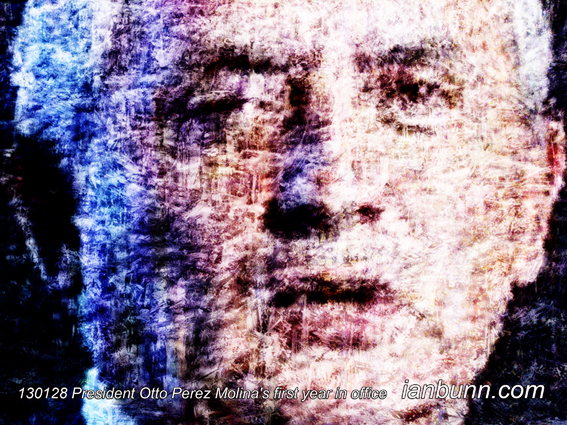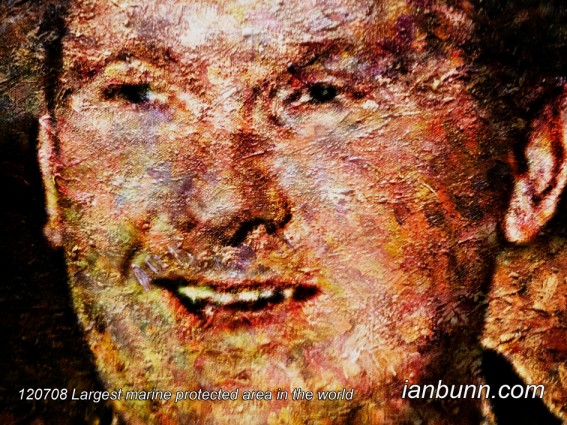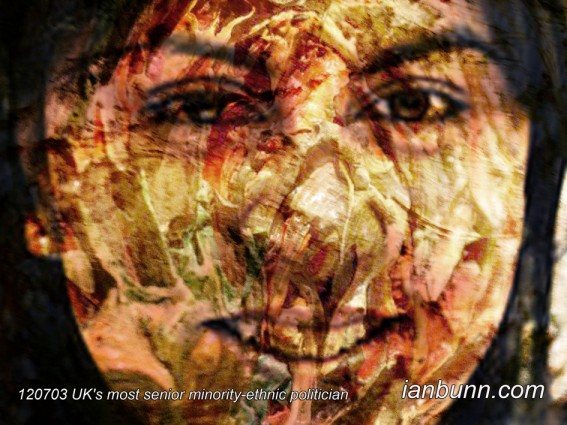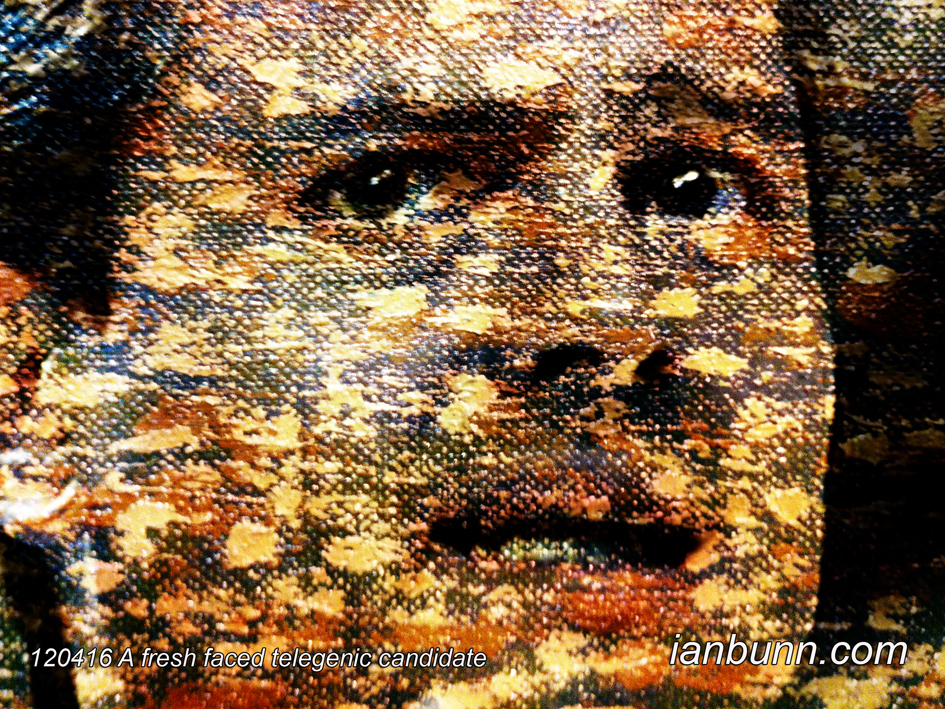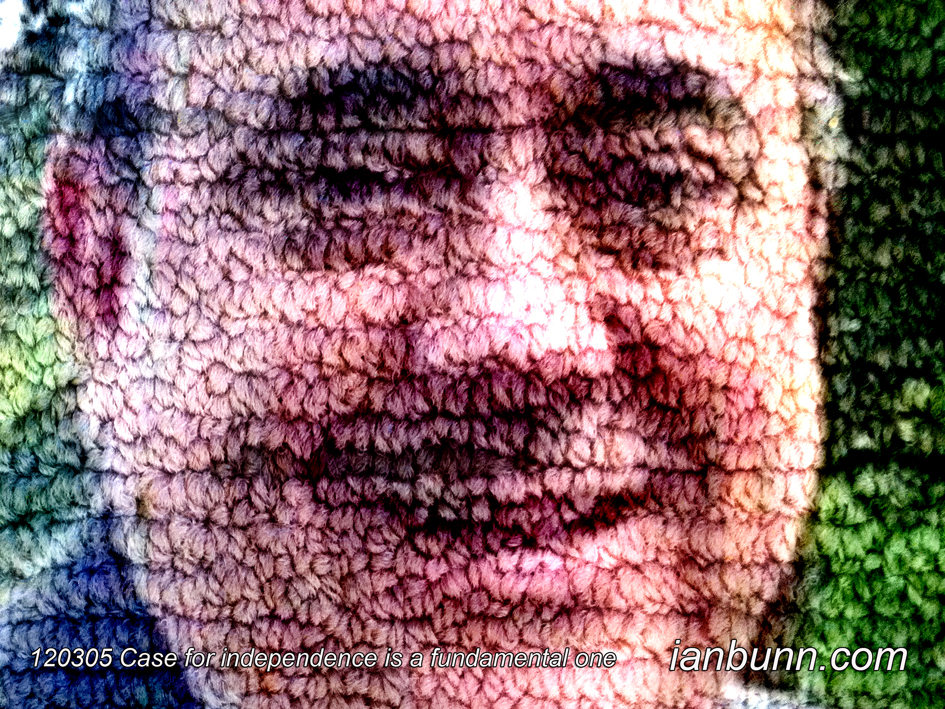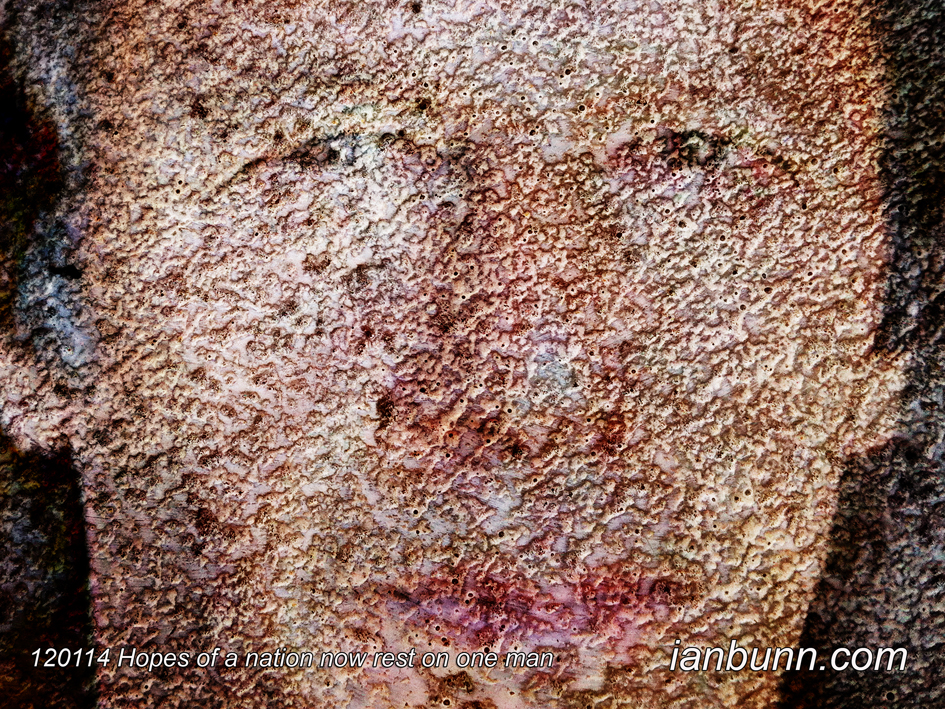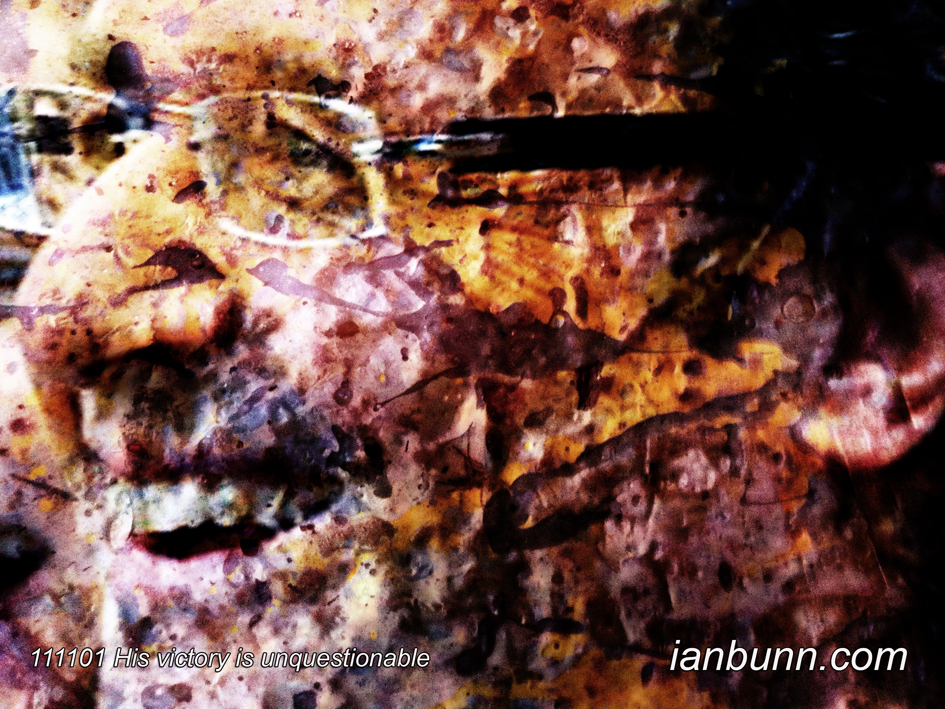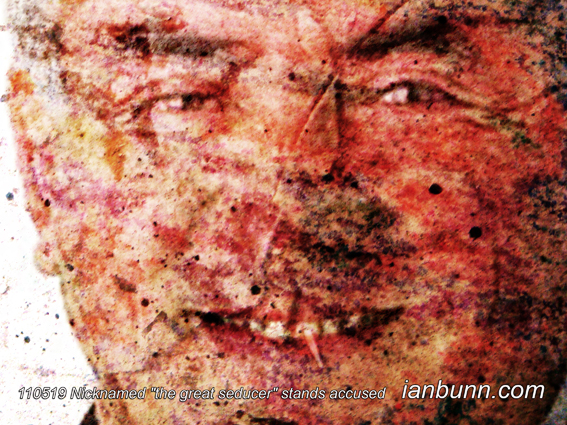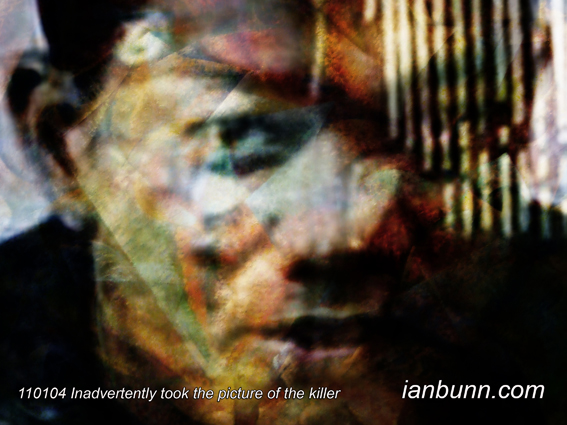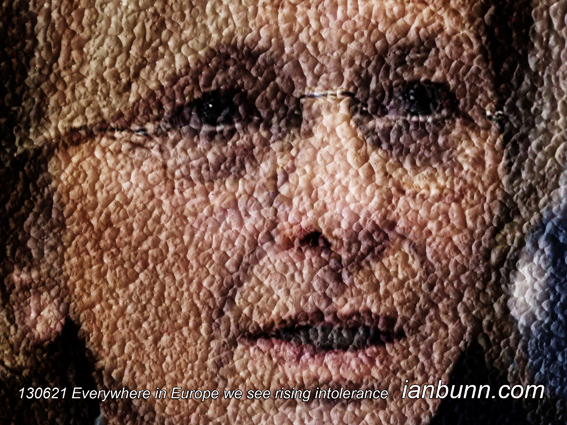 Everywhere in Europe we see rising intolerance (June 21 2013)
Everywhere in Europe we see rising intolerance (June 21 2013)
Emma Bonino the 65 year old Italian politician and Minister of Foreign Affairs and a leading member of the Italian Radicals, a political party that supports economic and social libertarianism, and human rights, has published an article on IPS News Service titled ‘A Federation Could Strengthen Europe’s Magnetism’ in which she states “The recent agreement for the normalisation of relations between Serbia and Kosovo has confirmed that the European Union (EU) is still acting as a “magnet”, attracting its external neighbours and transforming and integrating them. Thanks to its prospects for EU membership, the whole Balkan area has become more stable and secure. Unfortunately, this virtuous magnetism no longer exerts the same force of attraction on our own citizens. With every passing day, the founding fathers’ dream of peace and freedom seems to be turning into a nightmare for many. The EU is increasingly being associated with austerity policies that lead to recession, unemployment and social despair. More worryingly, there are signs that the current crisis is not limited to the EU’s economic sphere but also impacts its most fundamental values. Everywhere in Europe we see rising intolerance; growing support for xenophobic and populist parties; discrimination and a weakening of the rule of law; and entire populations of undocumented migrants, virtually without rights, punished for their status rather than their individual behaviour. Our inclusive and open community is threatened by destructive actions pursued by nationalistic and demagogic groups. But they are not the only ones inflicting damage on the Union. …If Europe does not solve its problems of recession and populism, we could lose all that we have achieved since the 1950s, with no estimate of how long it will take to regain the same level of democracy, prosperity and stability as before. But if we adopt a new vision, engage our citizens and unite our governments, we could start a new phase of boosting growth and fostering democratic legitimacy and global influence.”
Inspired by Emma Bonino, IPS News ow.ly/lE457 Image source WEF ow.ly/lE3YP
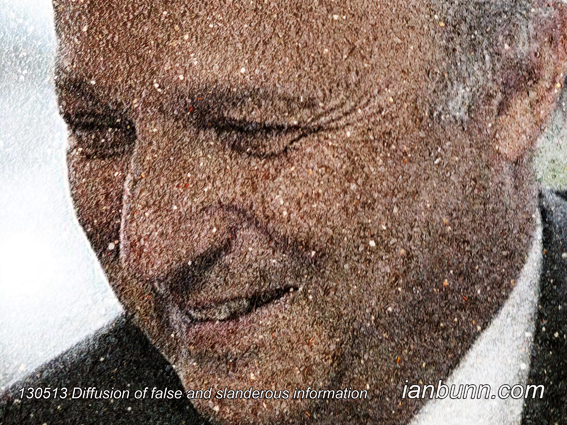

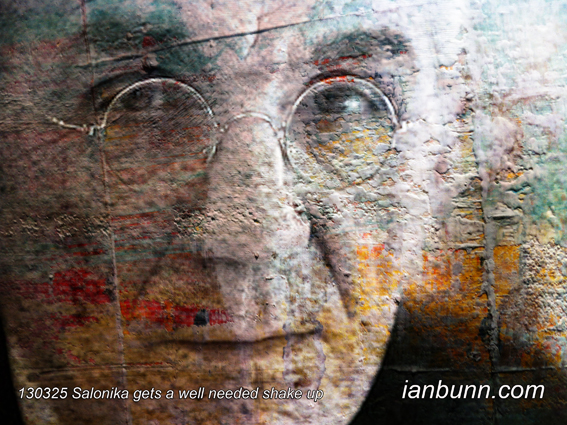
![Luis Barcenas Gutierrez the 55 year old Spanish politician and Treasurer in the People's Party (PP) who has been embroiled in political corruption scandals, has shaken the ruling conservative party as the damaging corruption scandal spreads. The Economist magazine has published an article titled ‘Another Blow’ stating “…The pivotal character in the scandal is Luis Bárcenas, a party administrator for two decades, whom the party made a senator in 2004 and Mr Rajoy [Spanish Prime Minister] himself promoted to treasurer in 2008. Courts began investigating Mr Bárcenas four years ago amid allegations that he was among the beneficiaries of a backhander scheme run by local party members in Madrid and Valencia. Mr Rajoy stood by his man and the PP paid for his defence. But Mr Bárcenas eventually stood down, as both treasurer and senator. Rumours spread that he had taken away incriminating documents. The bombshell came last month when court investigators discovered that Mr Bárcenas had a €22m Swiss bank account. He also admitted to using a tax amnesty last year to declare €10m of hidden money. The 14-page ledger, published by El País, is said by some handwriting experts to be in Mr Bárcenas’s hand. It appears to show that much of the PP’s secret fund came from construction magnates who received public contracts and helped inflate Spain’s disastrous real-estate bubble. Regular cash-in-hand payments to the PP’s leaders supposedly carried on even while they held public office, continuing until 2009, five years after Mr Rajoy became leader. Some recipients of loans and other payments acknowledged having received money, but said that they were entirely legal. They include Pío García-Escudero, the senate president. …Certainly, Mr Rajoy and the rest of his party deny it all. The prime minister’s denial of self-enrichment deserves credence, as this is the first suggestion that he is anything less than squeaky clean.” Inspired by The Economist ow.ly/hMvun Image source periodistadigital ow.ly/hMvr3](http://www.ianbunn.com/wp-content/uploads/2013/02/130225dcU60.jpg)
![Barry Blyth Holloway the 78 year old former Australian and former Papua New Guinean politician has been remembered on his passing in an article by Mark Baker in The Age titled ‘An affair to remember’, highlighting how more than any other Australian, Barry Holloway was instrumental in the making of modern Papua New Guinea, a country he loved and made his own. Baker states “…It [his journey] began with a teenage cadet patrol officer trekking through the remote and untamed territory of New Guinea and ended with a distinguished political career, a knighthood and the deep affection of a generation of Papua New Guineans. ...He was one of the first expatriates to advocate independence for the Australian trust territory in the 1960s. He helped found Pangu, the country's first political party, and ran the numbers that saw a brash young journalist named Michael Somare become its first leader. He chaired the committee that drafted the constitution and, at independence in 1975, he was one of the first white men to take citizenship of the new nation, happily surrendering his Australian passport. He became speaker of the first parliament after independence, then a senior minister in several governments. …''Barry never saw himself as merely a catalyst for change,'' says Tony Voutas, who left PNG on the eve of independence. ''For him, it was his country. He was one of the few in those colonial days who looked at Papua New Guineans as equal human beings. The planters called them bush kanakas and some right-wingers regarded them as a different evolutionary stream. ''But Barry was one of those people who did not see race. And the Papua New Guineans regarded him as one of them. And once you are accepted into their society it is as if you were born into their society.'' Inspired by Mark Baker, The Age ow.ly/hHQgn Image source PNGAttitude ow.ly/hHPtY](http://www.ianbunn.com/wp-content/uploads/2013/02/130218dcU60.jpg)
![Hillary Diane Rodham Clinton the 65 year old American politician, wife of the 42nd President of the United States Bill Clinton, leading candidate for the Democratic 2008 presidential nomination, and the US Secretary of State, has been the focus of an article by David Rohde on Reuters titled ‘Clinton: International portfolio, domestic concerns’ referring to her potential candidacy for the 2016 presidential nomination. Rohde states “…She [Clinton] has been a very good but very cautious secretary of state, who kept her distance from Afghanistan and other seemingly intractable conflicts. Clinton established a strong relationship with President Barack Obama, was innovative and worked tirelessly, but her position as a potential 2016 presidential candidate clearly influenced her performance. One State Department official praised Clinton’s tenure, but talked about looking forward to the arrival of her presumed successor, Senator John Kerry. …After promising a sweeping break with the approaches of President George W. Bush, the Obama White House has proved just as insular and controlling of foreign policy as the Bush administration. …Obama’s first-term foreign policy was marked by cautious, political calculation. Members of his foreign policy team rightly point to the president’s re-election as proof that their approach worked. A more decisive Obama approach in foreign affairs, though, may have helped him at the ballot box. …The lesson of Iraq is that American invasions are not the answer. But neither is isolation. Traditional American diplomatic engagement is needed in the Middle East, including efforts to resolve the Israeli-Palestinian conflict. At the same time, new means of diplomacy – what Clinton called “smart power” – should be carried out as well. U.S. trade, technology and private investment – not simply drones – should be used to counter militancy. Clinton deserves credit for restructuring the State Department and embracing innovative new forms of diplomacy.” Inspired by David Rohde, Reuters ow.ly/hhRPd Image source Kai Mork ow.ly/hhRIm](http://www.ianbunn.com/wp-content/uploads/2013/02/130209dcU60.jpg)
